Malta Real Estate: A Guide to Property Investment
A Thriving Market
Malta’s real estate market has been a success story in Europe, experiencing steady growth for five years before the COVID-19 pandemic. Both the number of properties sold and the overall market volume increased significantly during this time.
Owning property is deeply rooted in Maltese culture, with locals seeing it as a key investment. The arrival of foreign professionals, particularly from the gaming and finance sectors, has further driven demand for property from both locals and international buyers. High-quality properties in areas like Sliema, St. Julian’s, and Valletta are especially sought after.
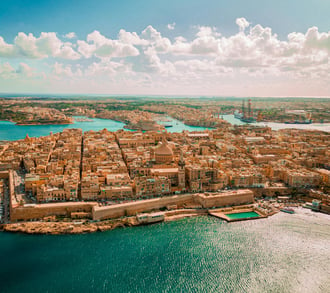

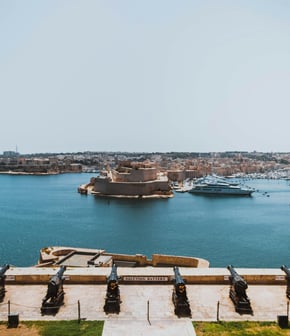

Types of Properties
Most investors opt for apartments, with modern developments springing up in recent years to meet the growing demand. For those who prefer traditional Maltese architecture, there are elegant townhouses and classic countryside villas in various towns and villages.

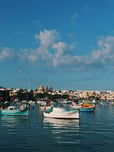

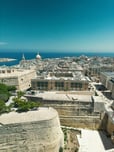




Key Steps for Buyers:
Before purchasing property in Malta, consider these important recommendations:
Consult Professionals: Work with trusted local experts to navigate the market effectively.
Property Checks: Hire an architect to ensure the property complies with local building regulations.
Transfer of Funds: Due diligence on foreign bank transfers can take time. Ensure funds are sent to the notary early to avoid delays.
Rules for Foreign Buyers
Foreign buyers are allowed to purchase only one property in Malta unless the property is in a Special Designated Area (SDA), where there are no limits. However, properties outside SDAs cannot be rented out.
The Buying Process
Steps to Purchase
After an offer is accepted, buyers should be aware of two main steps:
Promise of Sale: A preliminary agreement between the buyer and seller.
Final Deed: The official transfer of ownership.
Bank Account Requirements
A Maltese bank account is not required for property purchases. Buyers can transfer funds directly to the notary, who handles all payments on their behalf.
Costs and Taxes
Additional Expenses
Stamp Duty: 5% of the sale price.
Notary Fees: Around 1.5% of the sale price.
Architect Fees: Approximately €1,000.
Rental Income Tax
Rental income is taxed at a flat rate of 15%.
Other Property-Related Costs
No annual property tax.
Ground rent applies for leasehold properties.
Apartments incur condominium fees, as buildings must be managed by a committee or third-party management company.
Investment Returns
Capital Growth and Rental Yield
In recent years, property investments in Malta have offered returns exceeding 5%. Rental income yields are approximately 3.5%.
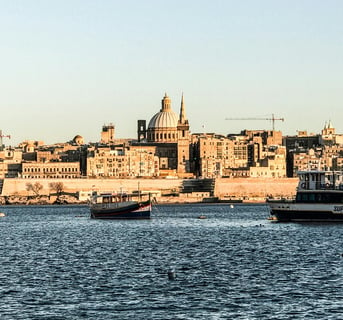

Buying Property in Malta
Malta’s real estate market continues to offer attractive opportunities for local and foreign investors alike, with its blend of modern developments and traditional homes ensuring there’s something for everyone.
Contact us
If you have any questions about Malta, don't hesitate to contact us. We are here to help you.
